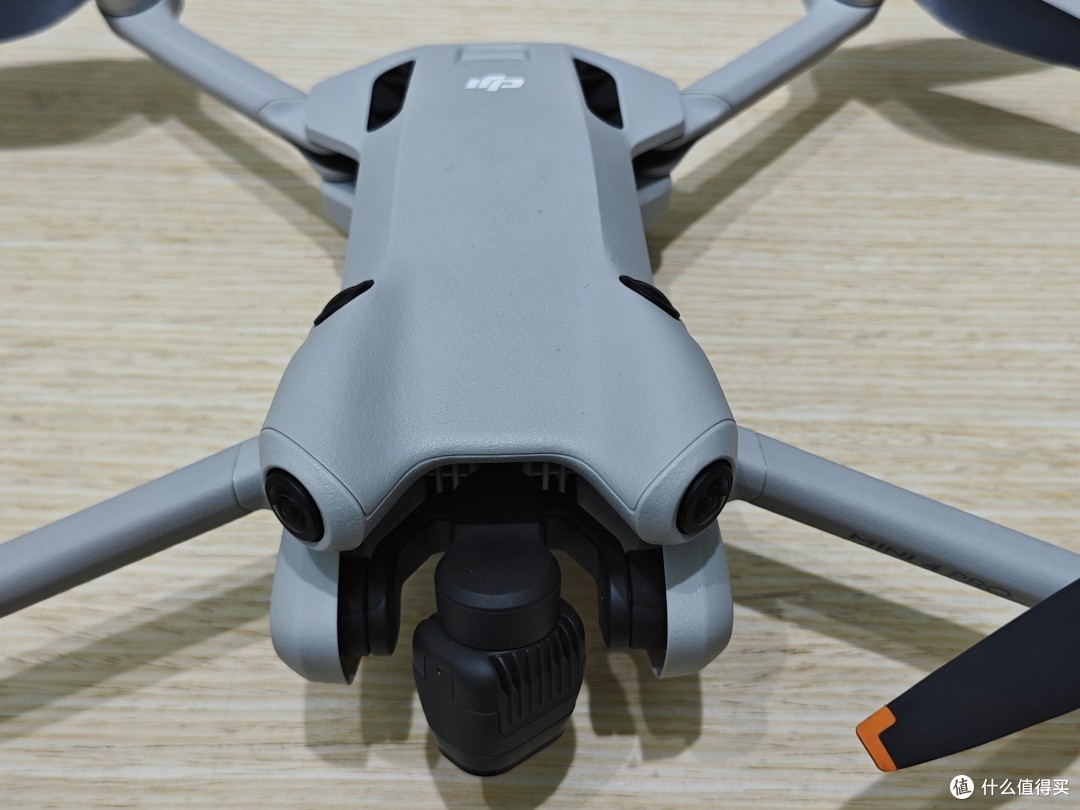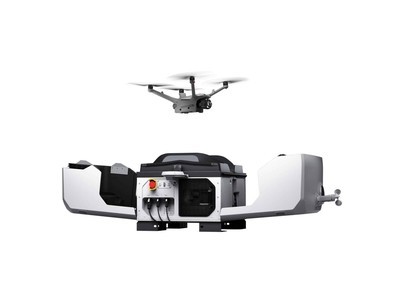Navigating the Ban on DJI Drones: Insights and Alternatives
The recent regulatory developments regarding DJI drones ban have caused a significant stir in the drone industry, affecting both recreational enthusiasts and professional operators across various sectors. The primary focus of the ban centers around national security concerns and has led to the exploration of alternatives and adaptations among drone users.
Understanding the Implications of the DJI Drones Ban
The decision to ban certain DJI drones originated from apprehensions over data security and the potential for information being accessed or misused by foreign entities. This reaction is part of broader geopolitical tensions where technology and national security intersect. While this move primarily impacts government agencies and contractors barred from using DJI products, its ripple effects are felt by civilian users concerned about compliance and future regulations. It’s important to note how this ban impacts operations that rely heavily on drone technologies such as agriculture, construction, media production, and emergency services.
Exploring Viable Alternatives and Solutions
With the restrictions in place, organizations and individual users must pivot to other options to continue their operations. Identifying alternative manufacturers becomes crucial in maintaining productivity. Brands such as Autel Robotics, Skydio, and Parrot offer competitive products that meet varied needs, from aerial photography to sophisticated mapping applications. Moreover, innovation within these brands promises features that match or even surpass those offered by DJI, including enhanced flight safety and advanced AI capabilities.
becomes crucial in maintaining productivity. Brands such as Autel Robotics, Skydio, and Parrot offer competitive products that meet varied needs, from aerial photography to sophisticated mapping applications. Moreover, innovation within these brands promises features that match or even surpass those offered by DJI, including enhanced flight safety and advanced AI capabilities.
Evaluating Cost and Performance Trade-offs
Switching from DJI entails considering the cost versus performance balance. While DJI drones are known for their affordability and efficiency, alternative brands sometimes present higher entry prices. Users must evaluate whether the increase in price aligns with performance benefits and security assurances. Additionally, transitioning to new drone ecosystems requires investment in training and adaptation, emphasizing a deeper understanding of new systems.
Legal and Compliance Considerations
The legal landscape surrounding drones continuously evolves, especially with technology outpacing legislation. Understanding compliance with newly established rules is crucial for seamless operations. Users should stay informed about local, state, and international regulations that could affect their choice of drones, ensuring they remain within legal operational bounds without risking penalties. Professional advice or consultation with legal experts specializing in technology and aviation could be invaluable.
The intricate dynamics and fluidity of drone legislation necessitate proactive measures by users to safeguard their operational integrity and competitive edge.
FAQs About the DJI Drones Ban
- What led to the DJI drones ban?
- The ban is mainly due to concerns over data security and potential misuse by foreign entities, amid geopolitical tensions.
- Can I still use my DJI drone for personal purposes?
- Yes, recreational use by civilians usually isn’t affected, but checking local regulations is advisable.
- What are the best alternatives to DJI drones?
- Consider options from manufacturers like Autel Robotics, Skydio, and Parrot, which offer diverse functionalities and enhanced security.

Adapting to the DJI drones ban requires strategic planning and a willingness to explore new technology landscapes. By staying informed and flexible, users can navigate these changes effectively.